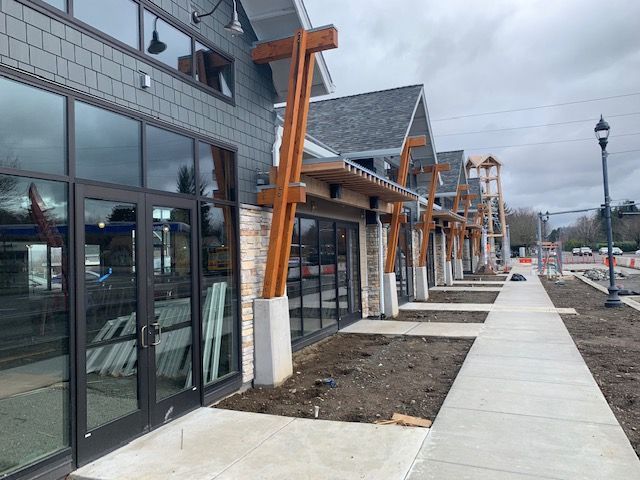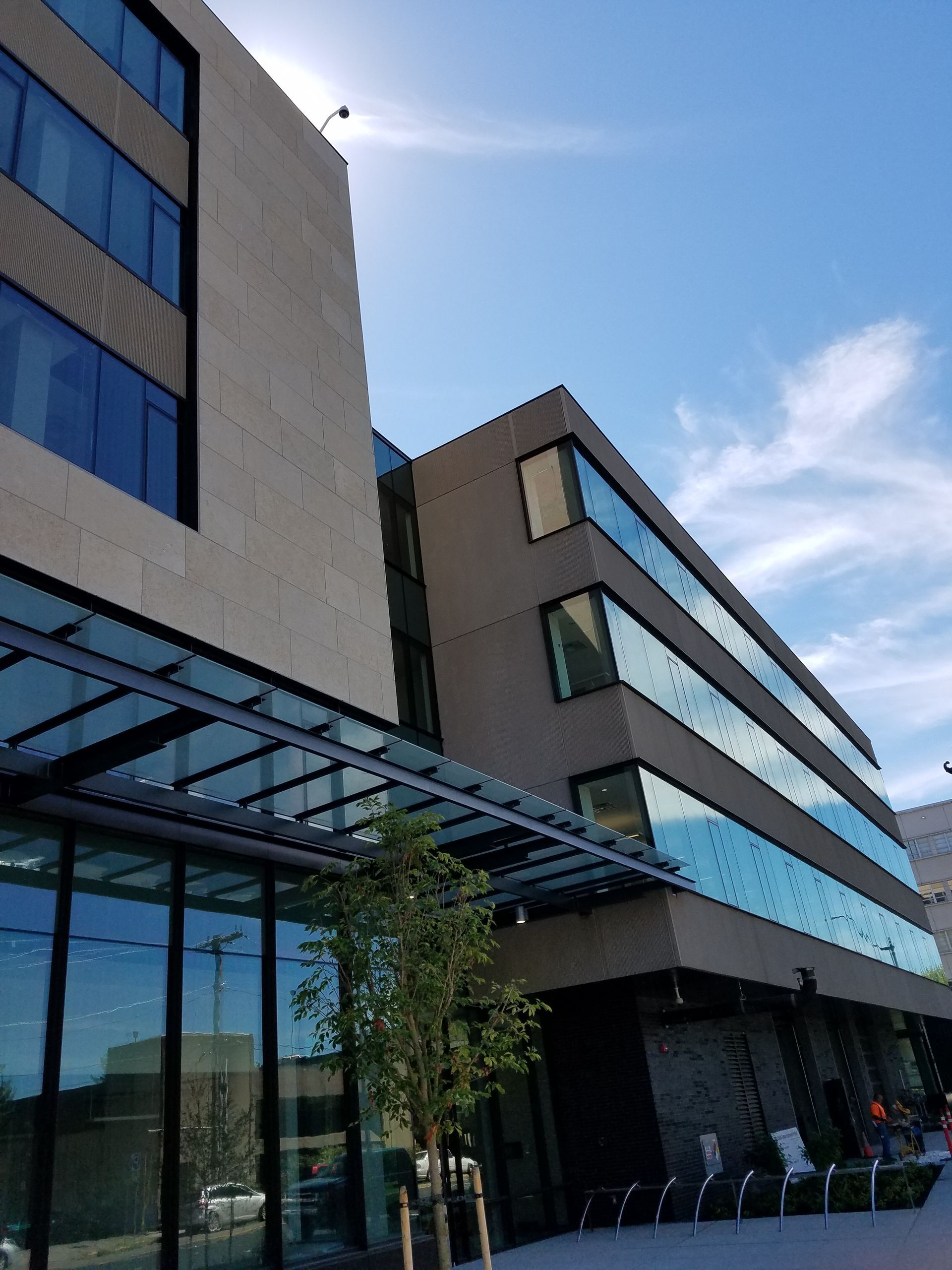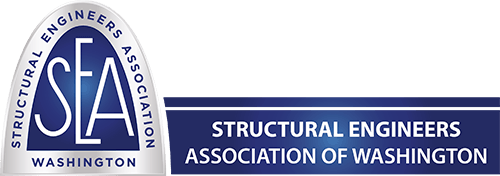Commercial Engineering
Scope and Complexity
Commercial projects cover a broad spectrum, including office buildings, retail spaces, warehouses, and industrial facilities. These structures typically involve larger spans, heavier loads, and more complex systems than residential projects. Engineers must design for higher capacity and durability to support extensive use and various activities.
Design Focus
In commercial engineering, functionality and safety are paramount, but so is the ability to support business operations. Designs must accommodate heavy equipment, large numbers of occupants, and high-traffic areas. Engineers also consider factors such as future scalability and adaptability for different business needs.
Regulations and Codes
Commercial buildings are subject to stringent codes and regulations, often requiring compliance with more rigorous standards for safety and accessibility. Engineers must navigate complex zoning laws and fire safety codes to ensure that all aspects of the design meet legal and operational requirements.
Budget and Timeline
Commercial projects often have larger budgets and extended timelines, allowing for more detailed planning and execution. However, they also require careful coordination with multiple stakeholders, including architects, contractors, business owners, and other disciplines like mechanical. Effective project management and communication are crucial to handle the complexities and ensure successful project delivery.





